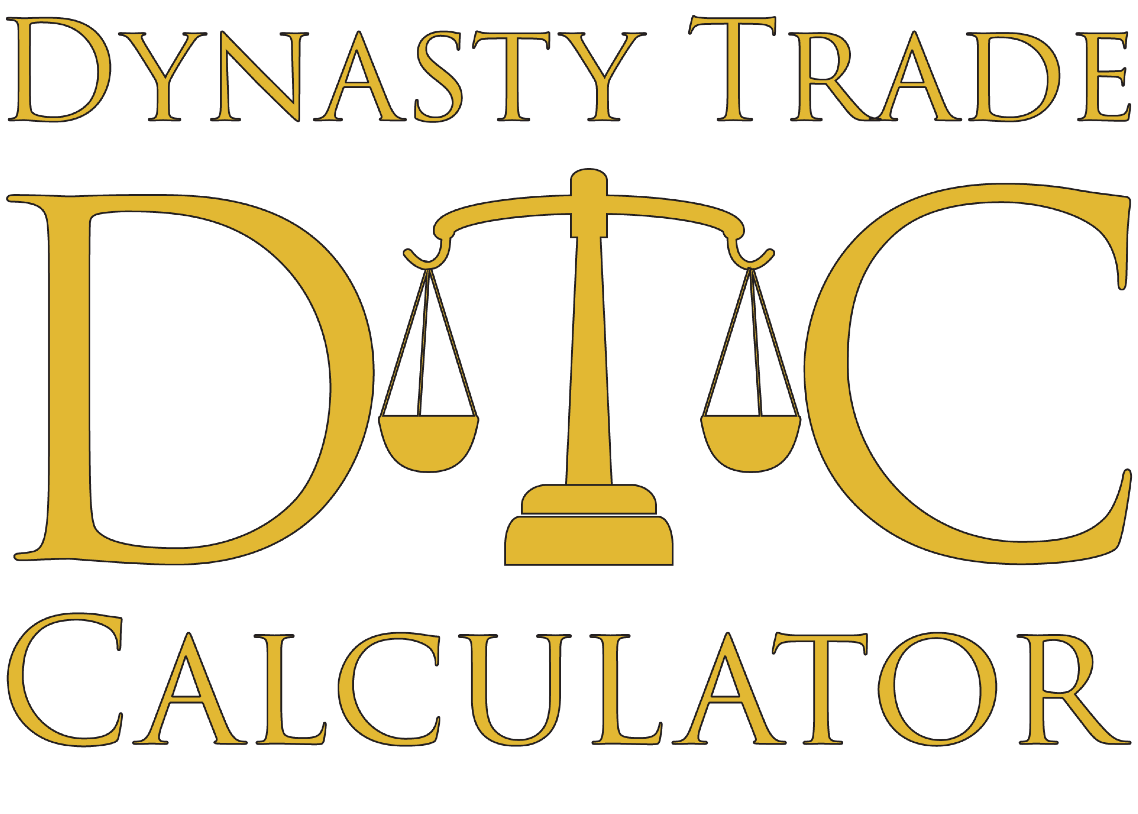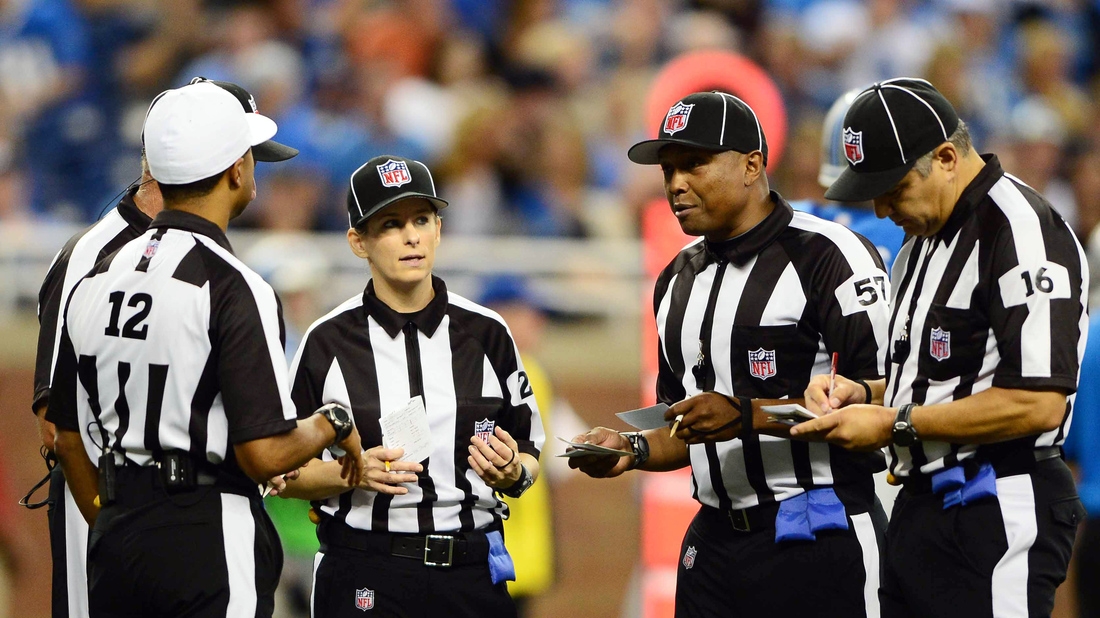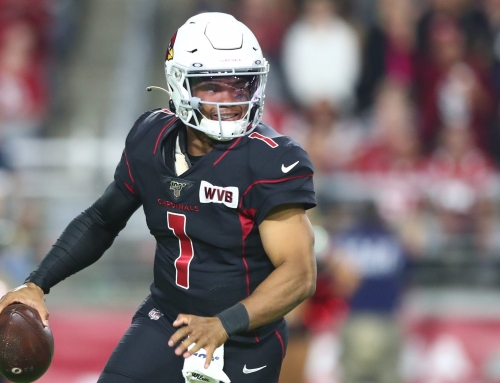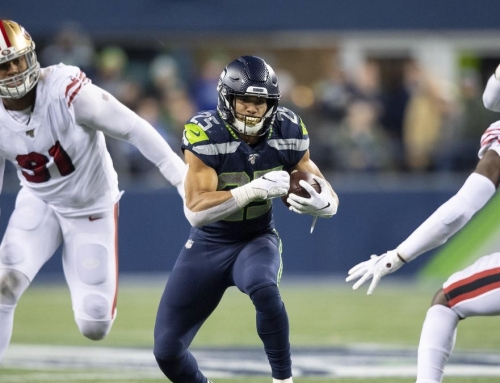Playing dynasty fantasy football gives you the opportunity to make some money in cash leagues and show off your scouting and strategy skills, but it’s mostly about having fun. League parity and fairness should never be jeopardized by a commissioner’s negligence, incompetence, or lack of integrity. I am currently in eight dynasty cash leagues and one free keeper league, so I have quite a bit of experience in what attributes make up a good dynasty commissioner. Here are some important notes on what fantasy players should expect from their commissioners in new or existing dynasty leagues:
Clear Management of Rules
When I look at a league’s rules or by-laws, they doesn’t have to be as complex as the US Tax Code. Clear, concise, and to the point is perfectly fine, though extra details can be useful as well if the situation warrants, such as what does and does not constitute the taboo subject of “tanking”. If guidelines on an issue aren’t clearly outlined in the rules, it’s preferable to ask the commissioner to elaborate before you join the league, not after. Don’t leave it to chance.
Do any of the rules protect or enhance an existing team? Sometimes there are super teams that make it nearly impossible to compete for the title, so what’s the point of putting down your hard-earned money year after year? League parity makes it fun for everyone. Don’t donate your dues only to see the same team or teams win all the time. The worst situation a league can find itself in is when a commissioner owns a super team and has rules in place that benefit only a few parties.
Room for Change
Does the commissioner allow changes to the rules be made? If so, is it clear how many owners need to agree to the changes before they are implemented? I prefer leagues that require at least two-thirds of the owners to approve a minor rule change (example: roster size expansion), over 75% approval for a major rule change (example: extra flex starter position), and 100% approval for any changes to dues or payouts.
Does the commissioner open up discussion on a rule prior to owners voting? Perhaps another owner has faced a similar situation or has seen the issue handled differently in another league. A good commissioner will want to deal with things in the clearest and fairest way possible. Also, if and when a dynasty league looks at changing the scoring rules, those decisions should be made with a league vote during the offseason and well before the rookie draft so that everyone has time to make adjustments.
Can the league software handle the changes asked of it? MyFantasyLeague.com might not look the prettiest, but the site is highly customizable and has great customer support. Some newer owners want bells and whistles not possible from league software, so a good commissioner can’t agree to every detail or be expected to put in a lot of extra work for their unpaid leadership position. And while minor changes like when waivers get processed or roster cut-down day don’t always need to be up for debate though, a good commissioner should be mindful that league owners could be scattered across many different time zones.
Owner Accountability
Some commissioners prefer to sit on the sideline when drama starts in a league. I was in a larger league in which a team that was out of contention spent all of their blind bid waiver dollars before the start of Week 11 and traded away all but three of their running backs. Two of those running backs had a Week 12 bye week, which made it impossible for the owner to submit a legal lineup for that week. While that team could not make the playoffs, the team he played that week could. As a result of this one owner’s mismanagement of his blind bidding budget and poorly planned trades, he had four unavailable players in his lineup, which greatly affected a close playoff race and the league’s integrity.
The commissioner stated that the owner in question could not have envisioned needing available his blind bid waiver dollars or realized that he could not start a full lineup in Week 12. Despite the impact of this owner’s actions on the league, the commissioner failed to penalize the owner. I disagreed with how this commissioner handled this issue and would have docked the offending owner a draft pick in the following year’s rookie draft. Consequently, I decided to leave two of this commissioner’s leagues after that season.
Many dynasty owners have conflicting views as to what does or does not constitute tanking. I believe that owners need to start players that will accumulate fantasy points every week. Players that do not dress for the game (on injured reserve, listed as out at game time, or on bye) should not be in starting lineups. In my definition, tanking is only starting a player who cannot accumulate fantasy points, and questionable lineup decisions should be allowed. If an owner wants to start Joe Flacco over Aaron Rodgers due to their respective match-ups, that is an acceptable call since both quarterback are active starters. It’s important to find leagues in which the commissioner shares your interpretations to important rules.
Commissioner Support
I have either a vice commissioner or co-commissioners in all the leagues where I am the commissioner, and I act as such in five other leagues. It’s preferable to have one or more owners that both the league and the commissioner trust in the arbitration of important or divisive league issues. The more experienced owners there are to help the commissioner, the better off the entire league will be.
While I review all trades in the league I run, I also have a vice commissioner who is impartial to review my own trades as well. Often times, the commissioner’s brother, spouse, best friend, etc. is also playing in the league. While that in and of itself is not an issue, if there is a conflict that involves a party that the commissioner has close ties with, the commissioner should let an outside party decide on it, whether it’s a vice or co-commissioner, steering committee, or league vote. That’s the best way to provide impartiality and prevent personal squabbles from taking over and dissolving a league.
Conclusions
Review the rules of the league and what’s happened in the league in prior years before joining. If anything seems fishy, it’s better to ask questions before joining rather than after. Good commissioners are always open to change if it makes for a better league experience. The rules should be enforced, and ownership expectations should be clear from the start. No owner, including the commissioner, should get a predetermined advantage. Following these guidelines will help you avoid potential issues with a dynasty league or commissioner down the line.
Thanks for reading. Throughout the offseason, I will continue to write about rookies and how you can become a better and more efficient dynasty owner, so be sure to keep an eye on DTC for all of the new content. You can also follow me on Twitter @AndrewMiley.







